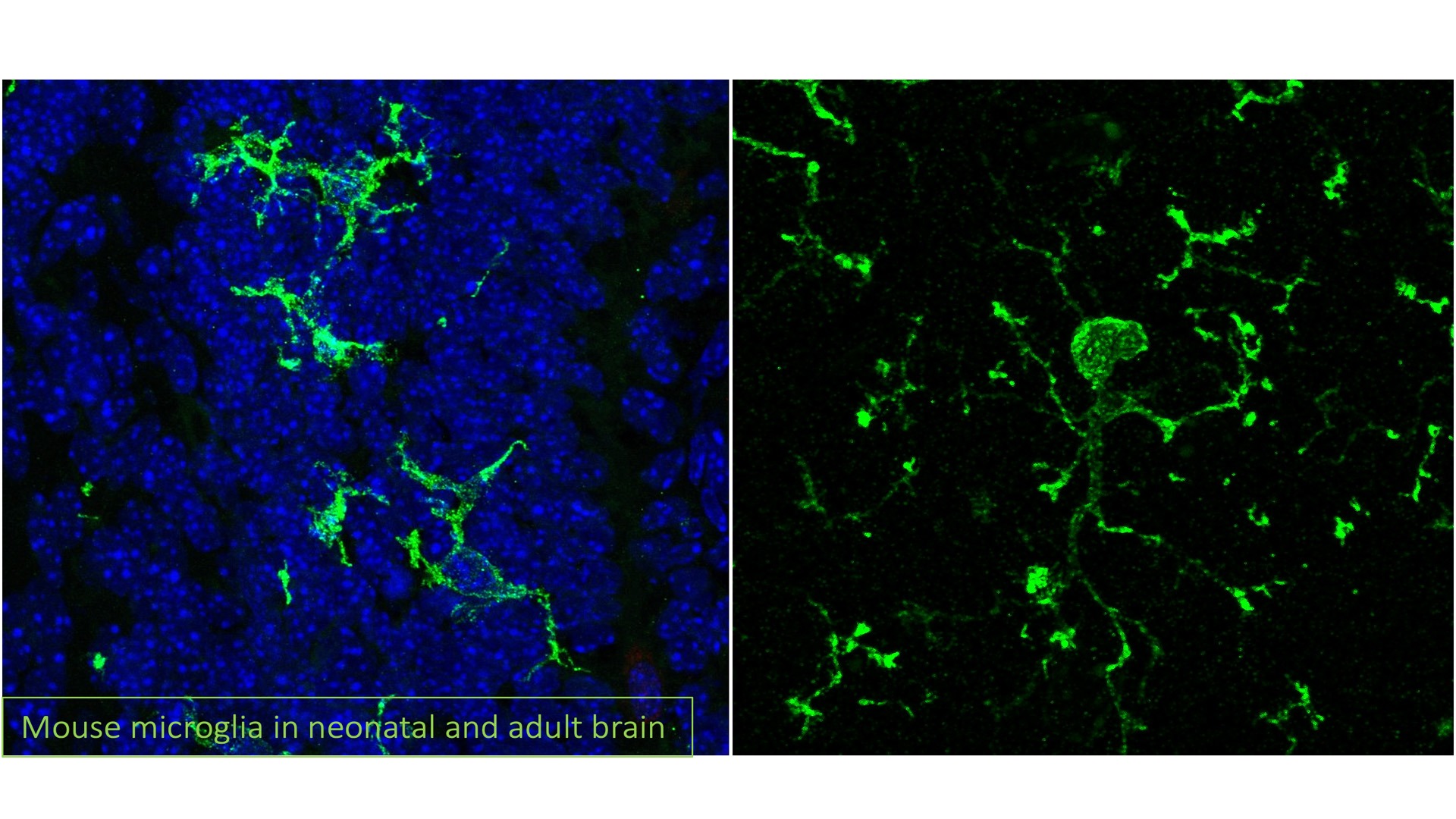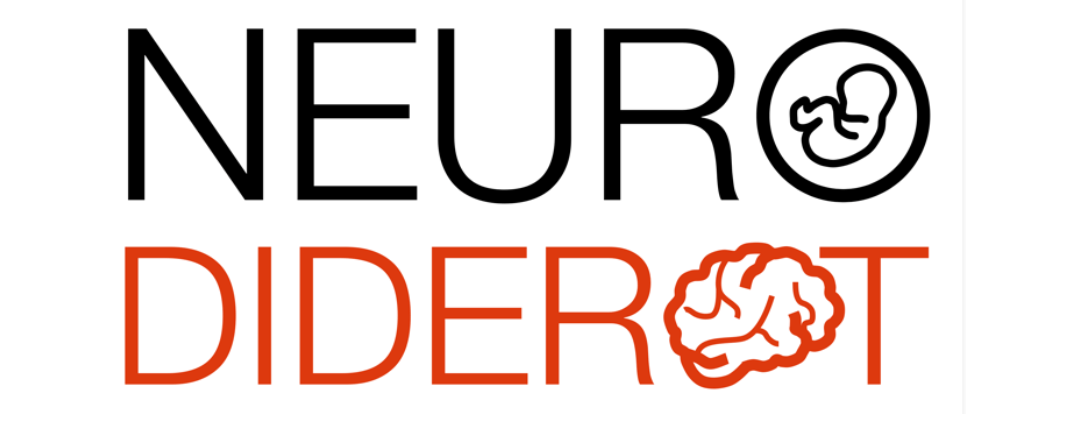NeuroKines

© NeuroDiderot
Brain damage in newborns can be caused by intrinsic factors (strokes, epilepsy, tumors) or extrinsic factors (fetal or maternal infections, head trauma, exposure to toxic substances). These conditions increase the risk of neurodevelopmental disorders (NDD), affecting the child’s neurological and cognitive functions.
The NeuroKines team (Team 1) is dedicated to studying the cellular mechanisms responsible for these lesions, with a goal to identifying new therapeutic targets. Using in vitro and in vivo models reproducing these neonatal and pediatric neuropathological processes, our aim is to test candidate molecules and develop innovative neuroprotective strategies. Our goal is also to transfer these advances into clinical trials to improve the management of at-risk newborns.
The NeuroKines team is composed of 4 groups with complementary themes, led by:
– Juliette Van Steenwinckel and Pierre Gressens (G1)
– Alice Jacquens and Vincent Degos (G2)
– Pascal Dournaud (G3)
– Stéphane Auvin (G4)
KEY WORDS: Neurodevelopmental disorders, Prematurity, Traumatic brain injury, Fetal alcohol syndrome, Epilepsy, Autism, Cognitive deficits, Neuroinflammation, Microglia, Cytokines.
Contacts
Pierre Gressens
UMR 1141 Inserm-Université Paris Cité
Hôpital Robert Debré
48 boulevard Sérurier
75019 Paris
pierre.gresens@inserm.fr
Juliette Van Steenwinckel
UMR Inserm 1141–Université Paris Cité
Hôpital Robert Debré
48 boulevard Sérurier
75 019 Paris
juliette.van-steenwinckel@inserm.fr
(G1) Role of microglia in neonatal brain injury
(G3) Moderate prenatal alcohol exposure: focus on the neuro-immune axis
(G2) Long-term consequences of post-traumatic brain injury
(G4) New therapies for neurodevelopmental epilepsy
NeuroDiderot Teams
Read more

Conference Thursday, February 12 2026, 2PM (zoom) by Pr Raul Chavez-Valdez from Baltimore : Synaptic Plasticity following Neonatal Hypoxic-Ischemic Brain Injury
20260212 séminaire Raul Chavez english

Conference February 19, 2026, 11:00 AM by Dr Clément Apelian from PRHySME : Hypnosis beyond fantasy – basic science challenges and clinical relevance
20260219 séminaire Clément Alepian english
Conference April 16th, 2026, 11:00 AM by Alexandra Benchoua from I-Stem : Human pluripotent stem cell models for high-throughput screening of therapeutic molecules and precision medicine in neurodevelopmental disorders.
20260416 séminaire A-Benchoua english
Conference Danielle Beckman Friday 28 November 2025
séminaire Danielle Beckman _28-nov-2025 english
